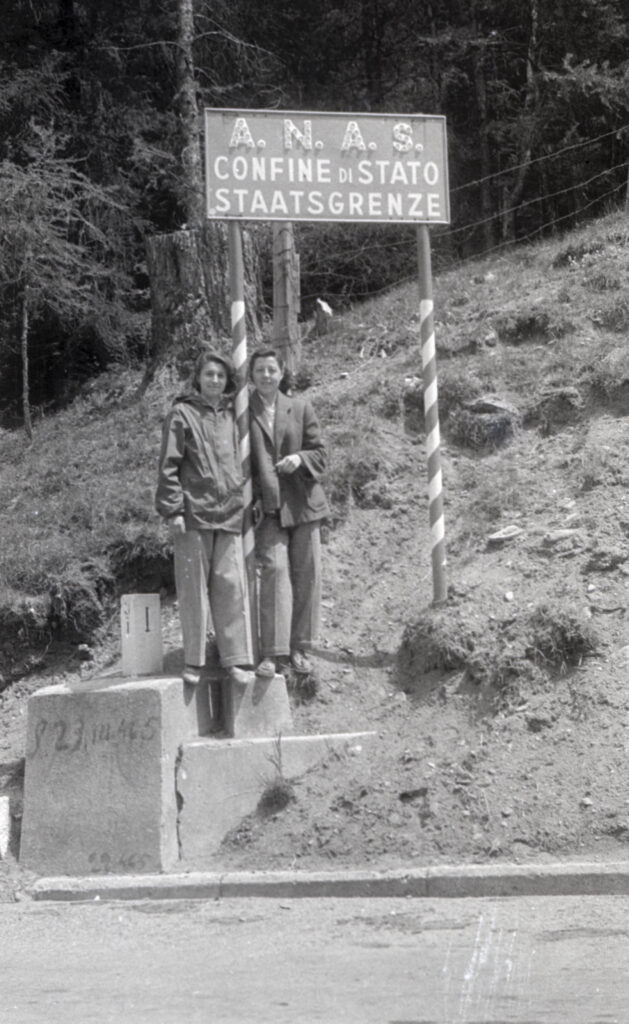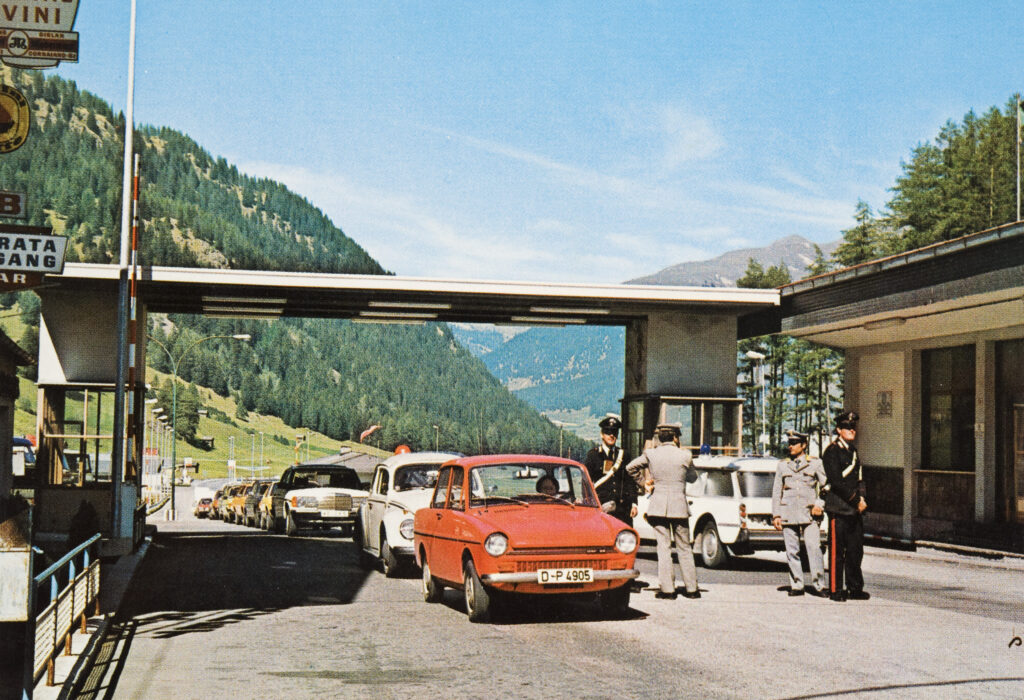Research project

The project ‘ScoHisto: History education at the edge of the nation. Political autonomy, educational reforms and memory-shaping in “peripheral” European contexts’ focuses on the trajectories of the school teaching of history within political spaces that are geographically or symbolically located on the “periphery” of the Nation-State. The analysis of this subject, from a diachronic and transnational perspective, provides an understanding of how the dynamics of decentralization and the empowerment of ethnic minorities in Europe are reflected in the negotiation of legitimate sub-national historical narratives.
In spite of the national regulatory frameworks’ significant diversity in terms of programmes and curricula (federal or centralised state structure, different curriculum review procedures, patterns of central educational assessments, etc.), the educational “canons” of history teaching in Europe have been structurally linked to the cultural and symbolic foundations of national unity – and, indeed, to their permanent re-construction. This not only concerns the long primacy, in the construction of curricula, of the more or less imaginary genealogies of the Nation as historical subject, but also the integration of recent historical fractures in the thread of a common narrative. The very promotion of a “plural” history corresponds, in this sense, to a project promoted or piloted by the central state. The survival of this “nationalizing” dynamic, which tends towards synthesis, is, however, subject to rising tensions and contradictions which have become apparent on a European scale at different times but with a substantially converging trend.
At the turn of the millennium, a de-nationalisation of the curriculum affected several European nations while the crisis of the cultural legitimacy of the Nation-State was compounded by the global trend towards recognizing multi-cultural (or multiple) identities in today’s political communities. “Diversity” has been transformed from a problem to a value vindicated by official curricula, teacher organizations and educational research and the deliberations of transnational bodies which have an impact on educational policies point in the same direction.
When the debate moves from the academic arena to the public space, tensions around the aims of history-teaching are condensed into two polarities: the recurring criticism of the eclipse of a shared organic memory, or, on the contrary, the demand for a radically universalist solution, an apparent condition for giving free rein to the pluralism of cultures and memories. Because of this wide range of values and uses, the history curriculum remains, today as in the past, a hotbed of conflict and emotional investment: even in an era seemingly bent on immediacy, its canon and its dark spots are permanently in the dock, in a permanent dialogue with social representations, politics, and media coverage of “sensitive issues”. But it also represents the weapon, for communities and ethnic groups seeking recognition, of an affirmation in the social space – in competition with narratives that challenge its legitimacy.

The trend towards decentralisation of national memories is not a one-way street. While it is called upon, somewhat incongruously, to de-provincialize itself, the teaching of history is in fact encouraged to incorporate ethical issues, where both national and transnational demands are expressed. History teaching can therefore be taken as a focal point, where the interaction between different spheres in which identity is negotiated and formalized, can be observed by referring the one to the other, while also bearing in mind that many of the actors involved (political staff, teachers…) may be acting in several different capacities at the same time. For example, they may be arguing for a history that is both more “inclusive” – in response to certain civil needs – and more aware of the “local” and identity dimensions.
The scientific objectives of the project can be summarised in two complementary issues. On the one hand, it is intended to trigger – through the comparison between different experiences – a reflection on the porosity of the “national novel” (and the curricula that define it); on the role of its reception in ethno-geographical border contexts; on the respective roles of national and local administrations, teachers and civil societies The second element of the investigation concerns the role of the symbolic dimension in the political process of autonomy. With what tools and reservations and within what limits can a common narrative – alternative to that which has the central state as a subject – see the light? How, respectively, do the transition from political claims to the establishment of a legitimate memory, and from the latter to its enactment by teaching praxis, materialise? In both cases, the difference between the cases examined can serve as a heuristic instrument, to distinguish the specific weight of distinct factors, the strategies in place in the comparison with the central power, and the current outcomes in terms of messages. And identify, if anything, a common trend at European level.
To implement this programme, the project will examine a series of deliberately heterogeneous local experiences, where the tension between two subjects of the “collective memory” can be made visible. The territories examined will be: the province of Bolzano (Italy); the region of Alsace (France); Swedish Lapland (Sweden), as far as specific teaching for the Sami population is concerned. These are territories whose borders were disputed and redefined during the 20th century and where recognised ethnic minorities, with defined status and borders, live within well-established national sets. Here the claim of continuity in the teaching of history, the symbolic construction of the nation and the reinvention of a shared past coexist with different pedagogical-educational traditions.
In the case of minorities who have only recently won the right to set up their own schools systems we often see the emergence of autonomous canons, from which a paradox arises: the reinvention of a separate national narrative in a multicultural context, and the need to renegotiate the relationship between this new founding myth and the central level. In other cases, despite the transnational character of ethnic revival, there is no formal recognition of an autonomous canon, but a dialectics that emerges in teaching practices, local programming, debate among teachers or between teachers and political leaders. Focusing on the period from the 1970s to the present time, the project aims to reconstruct these different dynamics, combining the attention for the contents – the selection of a new “canon” – with that for the social fabric that participates in its selection, and for the external factors (political cultures, relations between administrative plans, structure of the territory) that determine, in the contexts considered, different outcomes.